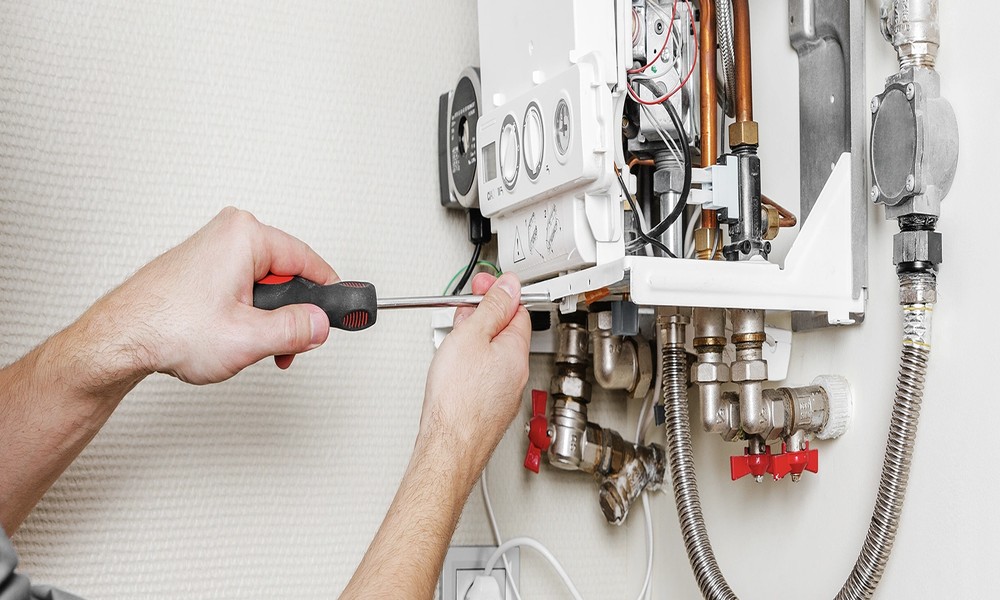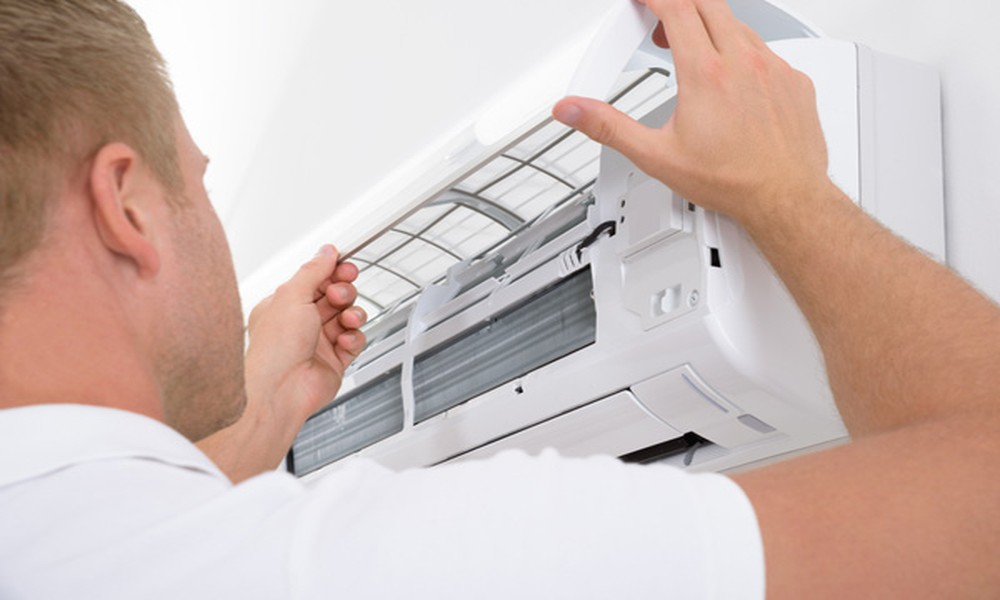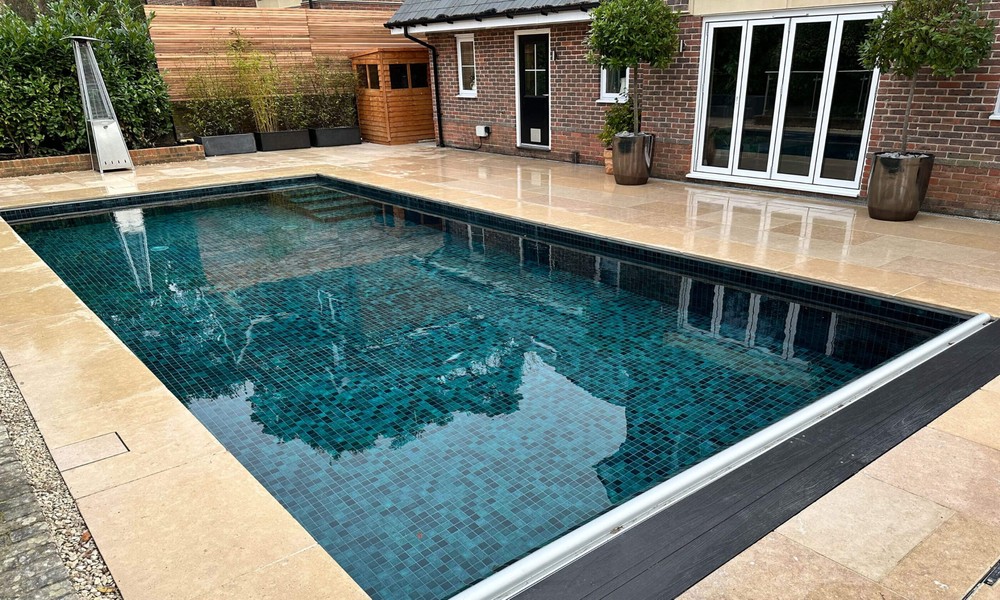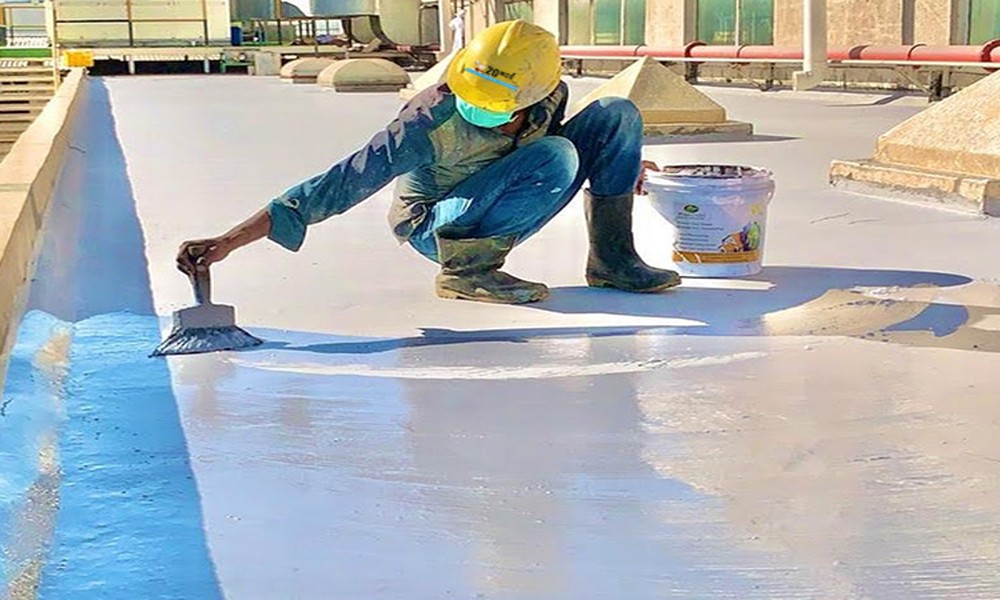
There are a few things you should keep in mind when installing epoxy basement flooring. Firstly, make sure that the area underneath is properly prepared by removing any dirt, debris, and asbestos. Secondly, ensure that the flooring is properly sealed to protect it from moisture and mold. Thirdly, make sure that the installation area is well-lit so you can see what you’re doing and avoid any accidents. Fourthly, use durable materials and take care not to damage the underlying subfloor or walls during installation. Finally, be sure to consult with a qualified contractor before starting work.
Finally, make sure to seal your floors off properly once they’re installed. This will help prevent moisture and other problems from developing over time.
Preparing Your Basement for an Epoxy Floor Makeover
When it comes to flooring, there’s no one-size-fits-all solution. That’s why it’s important to research different types of flooring and pick the one that’s best suited for your needs and your home.
One type of flooring that is becoming increasingly popular is epoxy basement flooring. Epoxy flooring is a versatile material that can be used in many different ways, and it offers several benefits over other types of floors. Here are some of the main reasons why you might want to consider installing epoxy basement flooring:
- It’s resilient: Epoxy floors can withstand a lot of wear and tear, which means they will last longer than other types of floors.
- It’s easy to clean: Epoxy floors are low-maintenance, which means you won’t have to deal with messy cleanup tasks like waxing or sanding. All you need to do is sweep them clean and dry them off occasionally.
- It’s noise-reducing: Unlike other types of floors, epoxy doesn’t make much noise when you walk on it or when you step on objects that fall on it. This makes it an ideal choice for homes with children or elderly residents who may be sensitive to noise levels.
Benefits of Choosing Epoxy Basement Flooring
Epoxy basement flooring is a popular choice for those who want durable and waterproof floors. It’s also easier to repair than traditional basement flooring, which makes it a good option if you’re expecting any flooding or moisture damage in the future.
Another benefit of choosing epoxy basement flooring is that it’s resistant to pests and mold. This is because epoxy floors are designed to trap moisture and air, which keeps these harmful elements from spreading throughout your home. Epoxy basement flooring also doesn’t absorb water like other basement flooring options, so it won’t become soggy over time.
In addition, epoxy basement flooring is easy to clean – just sweep or vacuum it regularly. And finally, because it’s waterproof, you won’t have to worry about any pesky water leaks ruining your hardwood or carpets.
Epoxy basement flooring is a popular choice for many homeowners because of its many benefits. Here are just a few of them:
- It’s highly resistant to moisture and decay.
- It’s easy to clean, no matter how dirty the floor gets.
- It’s also lightweight, so it doesn’t weigh down your home or cause any structural problems.
- Epoxy basement flooring is very affordable compared to other types of flooring.







